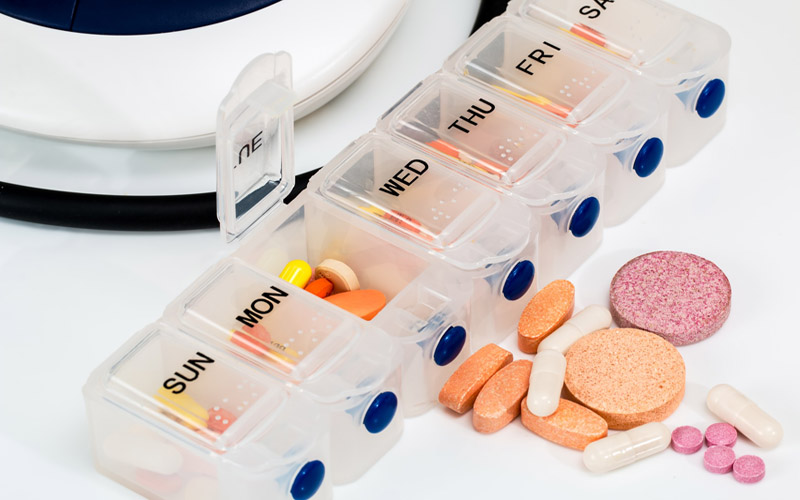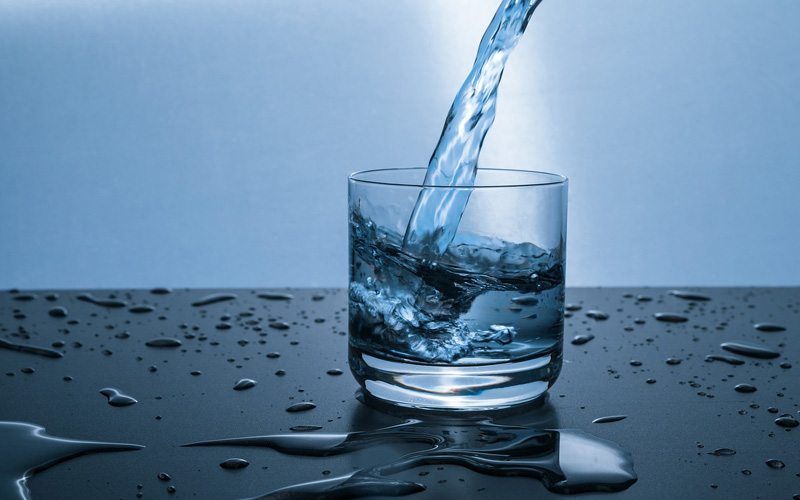Did you know that nearly one-third of the population has difficulty swallowing pills? Most people don’t swallow pills correctly. This often results in gagging, choking, and vomiting, which usually results in people not taking their medications at all, or not taking the recommended dosage, which then results in a need for later additional medical care.
If you are caring for a senior who has trouble swallowing their pills, here are some medication tips and some good news. Researchers have found new techniques that make pill-popping easier, even for large pills.
German researchers recently tested two methods of swallowing pills and found that 80% of the time these methods worked better than the normal way of taking a pill. The first is the “pop-bottle method,” and it makes tablets go down with ease. The second is the “lean-forward technique,” which sends capsules straight down the throat. Both have been rigorously tested by 151 volunteers who swallowed numerous dummy pills for the sake of science. And now they are being shared with the world via their publication in the Annals of Family Medicine.
Read about each method so you can try it yourself or have the senior you are caring for try it. Just may make life a little easier for you both.



